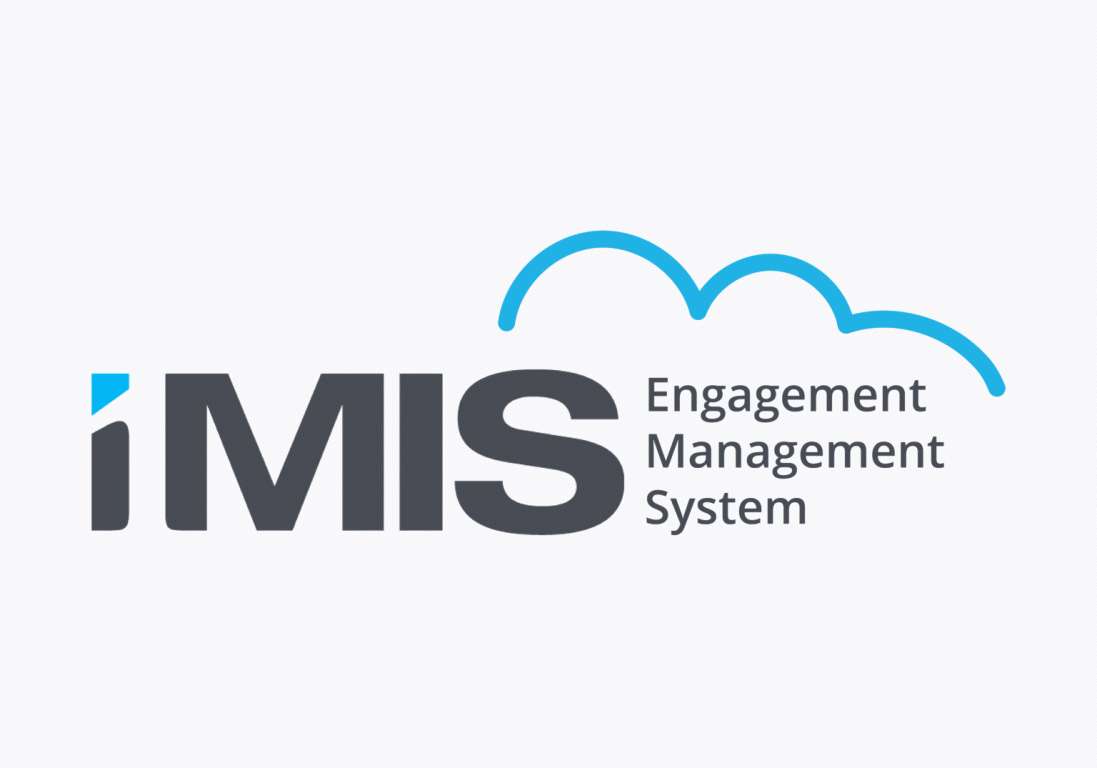Difference between MIS and IMS
MIS and IMS are terms that you often come across in e-commerce. These are management systems that manage the various activities of your business. These systems have some common features, such as storing product content and prices, customer information, ordering and shipping. They will all perform the same function of using your website to integrate different parts of your business, and because they are similar, there is often confusion about what each of these systems do. In this article, we will discuss the concepts of IMS and MIS and their differences.
What is an Integrated Management System (MIS)?
An integrated management system or MIS is a management system that integrates all or part of an organization's systems and processes into a complete framework and enables the organization to work as a unit with unified goals. MIS stands for Management Information System, meaning information management system, a computer system consisting of hardware and software that acts as the backbone of an organization. An MIS collects data from multiple online systems, analyzes the information, and ultimately reports it to help management make decisions. MIS is an example of complex software and a consolidated database that collects and stores all available information about a company's finances, operations, personnel, and work processes.
In what structures is integrated management (MIS) more applicable?
A unified management system refers to any organization, regardless of size or sector, that seeks to integrate two or more of its management systems into one cohesive system with a comprehensive set of documents, policies, procedures, and processes. Typically, organizations that are most receptive to MIS are those that have growing management systems and want to introduce other management systems to their organization with the benefits they bring.
What are the benefits of an integrated management system (MIS)?
- Automatically collects, processes and stores data.
- Distributes and publishes reports and data statistics.
- Maintains an audit trail.
- Provides an integrated software package.
- Processes data from a variety of computer systems.
- Stores data in a secure manner.
- Performs calculations.
- Saves data in various formats including images.
- Provides access to data using various reporting tools.
- Stores information in an online environment.
- Generates reports and presentations instantly.
- Performs analysis and is effective in improving decision making.
- predicts.
- It has high flexibility.
What is Integrated Management System (IMS) software?
IMS, short for Integrated Management System, combines all aspects of an organization's systems, processes, and standards into an intelligent system and increases efficiency by addressing all elements of the management system as a whole.
Transform multiple systems into a single platform for greater efficiency, coordination, and compatibility with the IMS Integrated Management System. An integrated system can be suitable for many businesses that want to be more efficient. But some may prefer to keep their ISO management separate.
Integrated Management System (IMS) is a combination of multiple management system standards registered in its organization. Management systems are developed, implemented and maintained through a system with processes that cover the requirements of each standard.
For example, the processes required in each standard for document control, internal audit, handling of non-conformities, corrective actions or management review can be shared so that the requirements of each standard can be effortlessly duplicated. An example of an integrated management system is the same that simultaneously manages the requirements of ISO 9001, the quality management system standard; and ISO 14001, Environmental Management System Standard, from the International Organization for Standardization (ISO); and OHSAS 18001, occupational health and safety specifications.
IMS planning and development should include identification of risks and opportunities that can affect the organization, including business and quality risks, in addition to those related to health and safety and environmental obligations. Some areas may be more easily integrated than others, and likewise, systems may not be fully integrated.
According to the ISO standard, "a management system describes a set of procedures that the organization must follow in order to achieve its goals". IMS enables an organization to take a process approach to measuring and evaluating its effectiveness in achieving its goals. The process approach allows senior managers to treat all elements of the management system rather than looking at individual standards, regulations, activities or requirements in isolation.
Advantages of IMS system
Where IMS is effectively implemented in the organization's strategy and business direction, it empowers senior management to ensure effective leadership and commitment, while reducing duplicated activities and resulting review time. This saves money through efficient use of resources at all levels and functions throughout the organization.
In addition to enabling organizations to fully understand the business conditions, IMS also enables the obligations and requirements of applicants in each specific sector, taking into account risks and opportunities.
A strong IMS is able to identify potential improvements in all its parameters, providing an overview of the entire business (such as quality, environment, and health and safety) than what is achieved in individual management systems.
What is the difference between IMS and MIS
What is the difference between IMS and MIS? IMS and MIS are two completely different words and phrases and they are different from each other and these two words should not be confused. The letters of these two words and words are made up of three letters, but the order of the letters is different and therefore it may be confused with each other, so the respected applicant should pay more attention to these two words so as not to confuse them. These letters include the three letters I, M, and S, and they consist of these three letters, and in many cases, these two words may be misinterpreted by the applicants of each of these certificates, and when they are asked for MIS, for example, they think that They have this certificate, but they actually have IMS.
What is certain is that these two words are considered two separate systems in the field of ISO certification. IMS is defined under the title of integrated management system and MIS is defined under the title of information management system, and of course the further explanation is that IMS does not have a certificate and is not a standard for which a certificate can be issued and it does not have the ability to issue a certificate.





